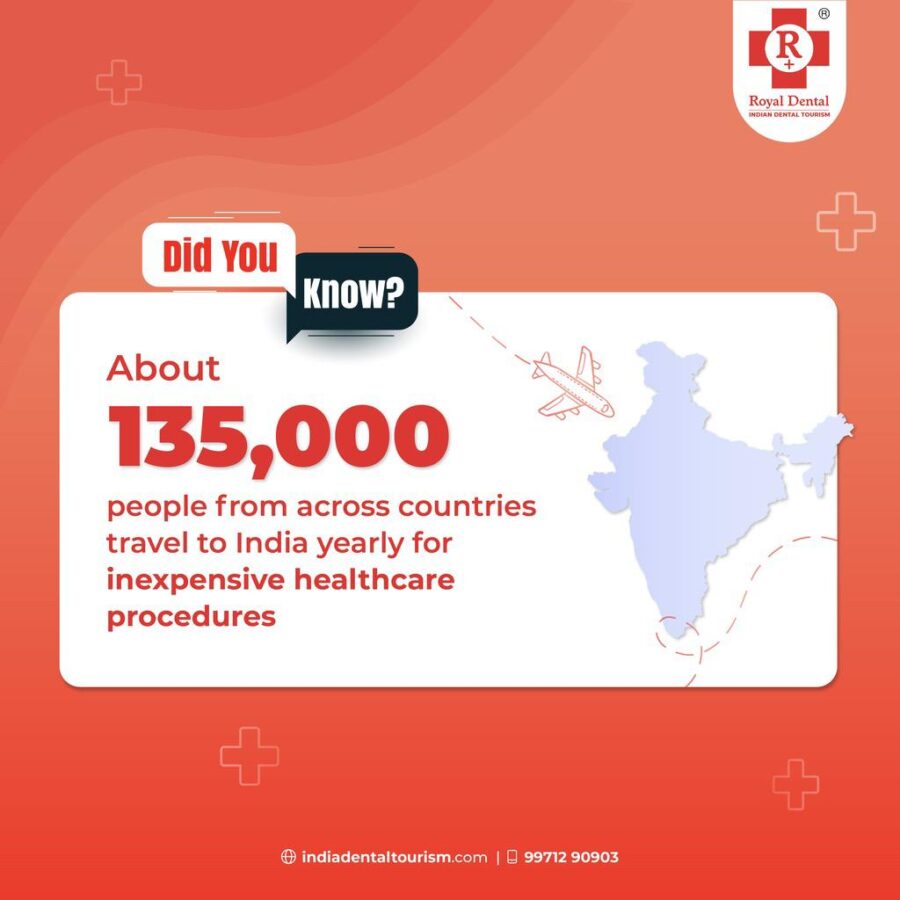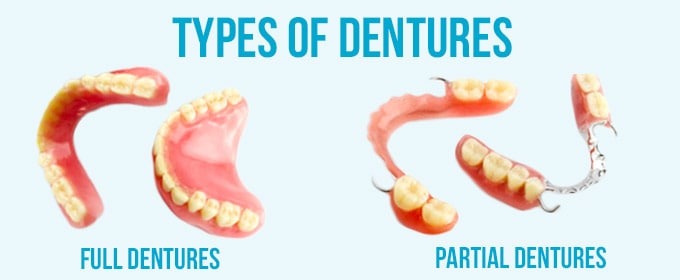Cultural ideas create a rich tapestry that influences our daily lives in a world as different as ours. It may surprise you to learn that traditional superstitions still have an impact in the ostensibly clinical field of dentistry. Come along on an intriguing adventure as we investigate the strange and frequently humorous dental superstitions about tooth.
Historical Context of Dental Superstitions
Examining the historical background can help us comprehend the origins of dental superstitions by taking us on an intriguing tour of antiquated customs and beliefs. The history of dental superstitions is as varied as the societies that fostered them, ranging from the ethereal rituals of ancient Egypt to the holistic practice of traditional Chinese medicine and the captivating folklore of Europe.
Exploration of Ancient Dental Beliefs and Practices
Ancient Egypt and Dental Rituals
The Land of Pharaohs was renowned for its elaborate dental rites in addition to its imposing pyramids. Oral hygiene had a great cultural significance in ancient Egypt. One of the first medical books, the Ebers Papyrus, offers insights about the dental practices of the day.
The Egyptians thought that small worms were the source of toothaches, and their remedy consisted of a mixture of mouse blood, lizard blood, and other unusual substances. In addition, dental amulets were worn to guarantee a healthy smile in the afterlife and to guard against toothaches.

Traditional Chinese Medicine and Dental Health
Tradition Chinese Medicine (TCM) integrated dental health into its comprehensive treatment even outside of the Great Wall. TCM, which has its roots in ancient philosophy, saw general health as reflected in one’s dental health.
Because teeth were thought to be related to different organs, dental problems were thought to be a sign of energy flow imbalances in the body. Herbal treatments, acupuncture, and tongue diagnostics were among the techniques used to treat oral issues as well as to keep the body in harmony.
European Folklore Surrounding Teeth
The European folklore opens out as we move west, telling us stories that are at once fascinating and confusing. Teeth had a mysterious aura in medieval Europe, frequently associated with supernatural entities. There was a widespread belief that “tooth worms” were the root of tooth decay.
Charms and amulets were worn, and tooth extraction rituals involving burning were traditional ways to fight off these oral bugs. Furthermore, the origins of the Tooth Fairy, a kind figure in contemporary Western culture, can be found in European tradition, where it was customary to deposit missing teeth by the bedside for magical beings.
Dental Superstitions in Asia
We discover a mosaic of dental superstitions as we explore the diverse Asian civilizations, each of which has deeply ingrained customs and beliefs. Dental superstitions in Asia reveal an enthralling journey from the varied landscapes of India to the charming folklore of Japan and the time-honored rituals in China.
Overview of Prevalent Superstitions in Different Asian Cultures
India: Cultural Beliefs about Tooth Loss and Replacement
India, a country rich in cultural traditions, has a wide range of dental superstitions ingrained in daily life. In Indian culture, there are a lot of beliefs connected to tooth loss. For instance, it’s frequently customary to toss a tooth that falls out naturally onto the roof in the hopes that good luck will follow.
Conversely, losing a tooth as a result of outside causes, such as an accident, is seen as an unhappy occurrence with perhaps deeper symbolic significance. Furthermore, children’s tooth loss is frequently interpreted differently depending on whether it occurs during particular auspicious or unfavourable times.

Japan: Folklore Related to Dental Health and Longevity
The legend of the Land of the Rising Sun is intricately woven with dental beliefs. There is a traditional notion in Japan that every tooth corresponds to a certain organ. The practice of “yaeba,” in which people find it beautiful to have fanged or crooked teeth because they are thought to bring longevity and good fortune, is based on this idea.
The idea that dental health is related to general health reflects the body’s interconnection and is consistent with Traditional Chinese Medicine’s holistic approach.
China: Traditional Practices for Maintaining Strong Teeth
China has a rich history of dental customs originating from its ancient civilization. Chinese traditional medicine places a high value on keeping teeth strong for general health. Natural therapies have long been used; examples include chewing licorice roots or using herbal mouthwashes.
The holistic theory of Traditional Chinese Medicine, which emphasizes the need for harmony and balance for overall health, is consistent with the idea that healthy teeth contribute to a healthy body.
Superstitions in Western Cultures
We discover a wide variety of dental superstitions that have developed over ages as we travel around the Western world. Dental superstitions in the West provide an engrossing look into the patchwork of beliefs that influence our approach to oral health, ranging from the historical traditions of Western Europe to the irrational beliefs in the United States and the cultural viewpoints on mouth cleanliness in Latin America.
Examination of Common Dental Beliefs in Western Societies
Western Europe: Historical Practices and Superstitions
Western dentistry superstitions have profound roots, entwined with practices and mythology from bygone eras. The idea that decay is caused by “tooth worms” was common in medieval Europe. Various amulets and charms were worn, and burning extracted teeth was a typical rite to keep off these mythological creatures.
Furthermore, pulling teeth with a toothache key—a device that looks like a contemporary corkscrew—was a common procedure carried out by barbers who also happened to be superstitious. It was a practical method as well as a superstitious one.

United States: Folk Beliefs About Tooth Fairies and Dental Health
The Tooth Fairy, a well-liked childhood character connected to tooth loss, is the main character in the United States. A fanciful fusion of American ingenuity and European mythology, the custom of hiding a missing tooth beneath the pillow in return for a little gift
This custom not only imbues childhood with a sense of enchantment but also educates kids about the significance of maintaining good oral hygiene. With her enigmatic visits during the night, The Tooth Fairy turns an ordinary occasion into something special and helps foster favorable attitudes regarding dental care.
Latin America: Cultural Perspectives on Oral Hygiene
Cultural ideas that combine indigenous customs and colonial influences determine oral hygiene practices throughout Latin America. There are some areas where there is a belief that sweeping the house at night might cause tooth loss, highlighting the connection between daily routines and dental health.
Furthermore, natural techniques and herbal remedies—many of which have been handed down through the generations—help to preserve dental health. Oral hygiene is an essential component of general health, as per the holistic approach to well-being woven across the rich tapestry of Latin American civilizations.
Folklore and Traditions in Africa
Traveling through the varied geographies of Africa, we come across a wealth of dental customs and folklore that have been ingrained in the cultures of many different places. Africa’s dental superstitions offer unique insights into the complex interaction between culture and oral care, from complicated rituals and ceremonies marking dental milestones to tribal beliefs influencing dental health.
Insights into Dental Superstitions Across Various African Regions
Tribal Beliefs Related to Dental Health
Africa’s great diversity of tribes and ethnic groupings gives rise to a wide range of dental health beliefs. Losing a tooth can be interpreted by some cultures as a symbolic event that signals a shift in life stages. Furthermore, character or spiritual qualities may be linked to the way teeth look and align.
For example, some tribes may consider a space between the front teeth to be a sign of wisdom or beauty. These ideas not only support personal identity but also influence how oral health is seen in relation to cultural norms.
Rituals and Ceremonies Associated with Dental Milestones
Dental milestones are marked with ceremonies and rituals in many African societies, transforming everyday occurrences into momentous cultural occasions. For example, celebrations of a child’s first tooth eruption may represent progress and growth.
Blessings from elders, customary dances, or symbolic sacrifices are examples of rituals. Similar to this, celebrations that highlight the passage from childhood to adolescence may coincide with the loss of primary teeth. In addition to commemorating dental achievements, these customs uphold the significance of oral health in culture as a gauge of general wellbeing.
Conclusion
We looked to Dr. Chirag Chamria of Royal Dental Clinics to help us decipher the secrets of dental superstitions. Dr. Chamria said that although these superstitions might bring some cultural diversity, the importance of evidence-based dental treatment must be given top priority. In order to ensure a healthy and joyful smile, he stresses the value of routine checkups, good oral hygiene, and consulting a professional rather than depending on folklore.
It becomes clear as we explore the many dental superstitions that cultural beliefs—no matter how absurd—have a profound influence on how we see oral health. Thus, keep in mind to grin the next time you come across a dental superstition—not just for good fortune but also for the delight of discovering the diverse web of worldwide customs.






